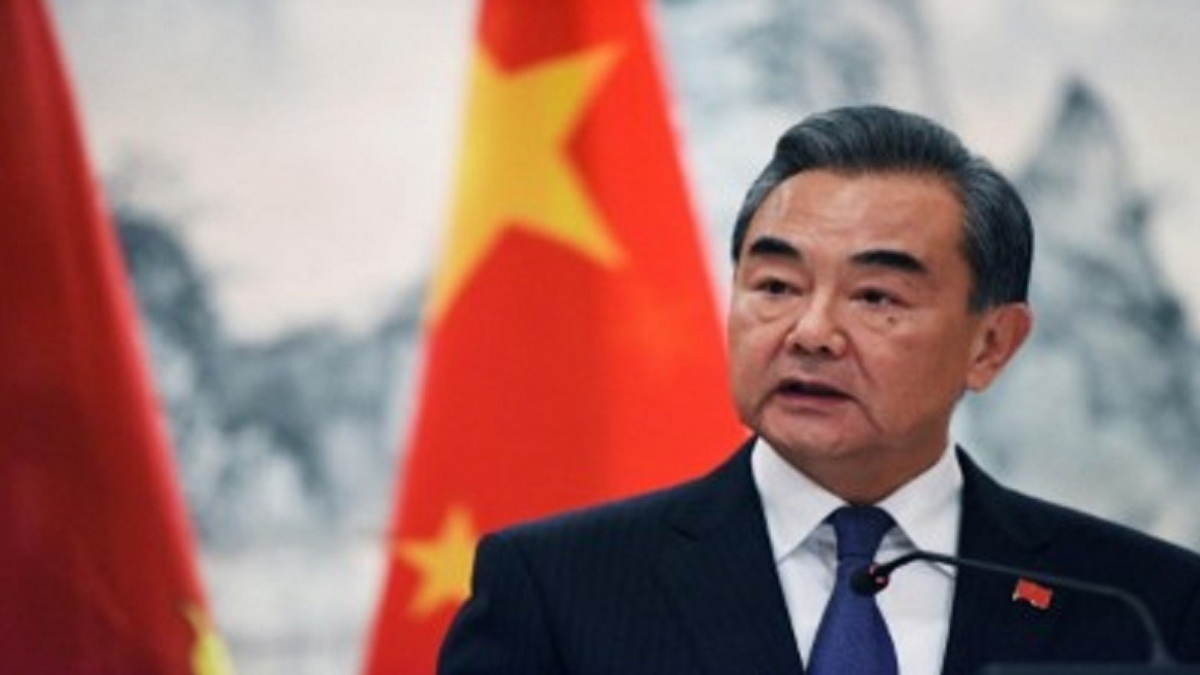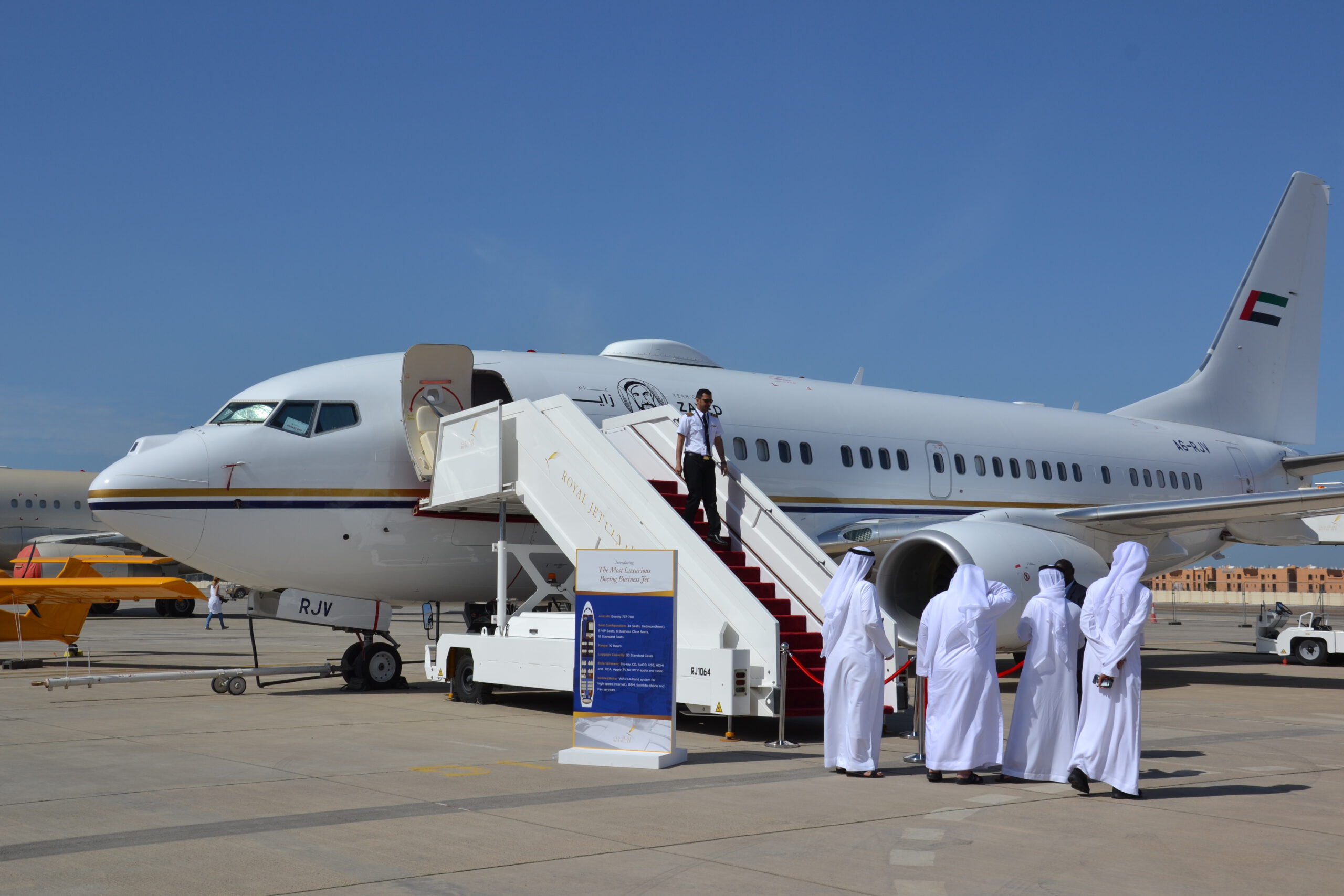
Amid a geopolitical flux resulting from the Russian invasion of Ukraine, Chinese foreign minister Wang Yi is likely to visit India later this month. Highly-placed sources told The Daily Guardian that “the proposal for the visit has come from the Chinese side and a final date is yet to be finalised and conveyed to the Indian side”.
“There will be a final word soon on the proposed visit of Wang Yi who is also planning to visit Nepal, Bhutan and Bangladesh as part of a four-nation tour,” a source told The Daily Guardian. An announcement will be made by the Chinese government on the possible visit, sources added. “Even as China is yet to come up with a final programme, India has started planning what kind of meetings could be possible,” sources said. “What is being discussed is whether or not the Chinese minister should be allowed to call on Prime Minister Narendra Modi, as Beijing is yet to do a lot that could resolve the eastern Ladakh border row,” diplomats say. “The onus of ending the impasse is on China and it has not yet shown any positive move,” officials said.
If Wang’s visit takes place, it will significantly be the first trip by a senior Chinese leader to India after the eastern Ladakh standoff between the two countries began in May 2020. MEA sources in touch with Nepalese diplomats in Delhi told this newspaper that Wang Yi will be visiting Kathmandu on 26-27 March. “He is likely to fix a date before that for his India’s visit,” sources said.
According to MEA officials, apart from External Affairs Minister S. Jaishankar, the Chinese foreign minister is keen to meet PM Modi as well. “China is panicky over the Modi government’s crackdown against Chinese companies, and Beijing is dying to reach out to Delhi with this agenda as well,” officials said.
“Another move of India giving sleepless nights to Chinese leadership is Delhi’s firm and undiluted stand to ensure that the Quad remains focused on Indo-Pacific with Beijing’s belligerence in mind,” diplomats said. “All these weeks, the Chinese leadership has seen how despite Quad members’ pressure, India did not allow the forum’s core agenda to be shifted from Indo-Pacific to the Ukraine conflict,” diplomats said.
In the last one-and-a-half years, Jaishankar and Wang held several rounds of talks in Moscow and Dushanbe to defuse tensions in eastern Ladakh. In September 2020, Jaishankar and Wang held extensive talks in Moscow on the sidelines of a conclave of the Shanghai Cooperation Organisation (SCO) during which they reached a five-point agreement to resolve the eastern Ladakh border row.
The pact included measures like quick disengagement of troops, avoiding action that could escalate tensions, adherence to all agreements and protocols on border management and steps to restore peace along the LAC.
The two foreign ministers also held a bilateral meeting on the sidelines of another SCO meeting in Tajik capital city Dushanbe in July last year with a focus on the border row. They again met in Dushanbe in September.
India has been consistently maintaining that peace and tranquillity along the Line of Actual Control (LAC) was key for the overall development of the bilateral ties. Foreign Secretary Harsh Vardhan Shringla emphasised on this position again last week. “We have made it clear to China that peace and tranquillity in the border areas are essential for the development of our relationship. Development of India-China relationship has to be based on ‘three mutuals’—mutual respect, mutual sensitivity and mutual interest,” Shringla said. Wang’s proposed visit, if it takes place, is expected to provide an opportunity for the two sides to exchange views on the crisis in Ukraine.















